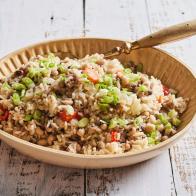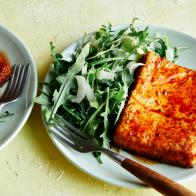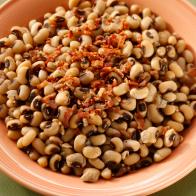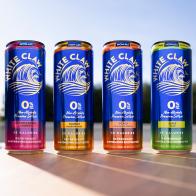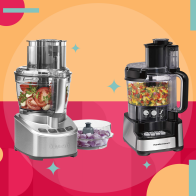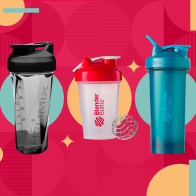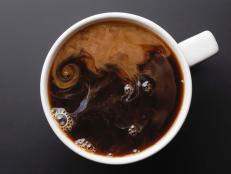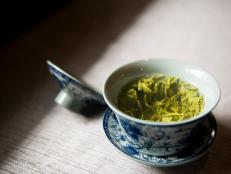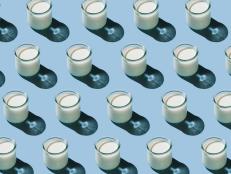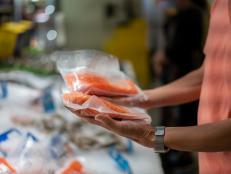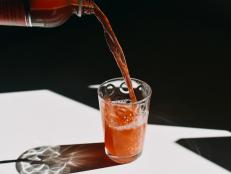How Much Caffeine Is Too Much Caffeine?
Can’t go without that morning latte or afternoon soda, but worried you’re overloading on caffeine? Here’s how to assess your daily dose.
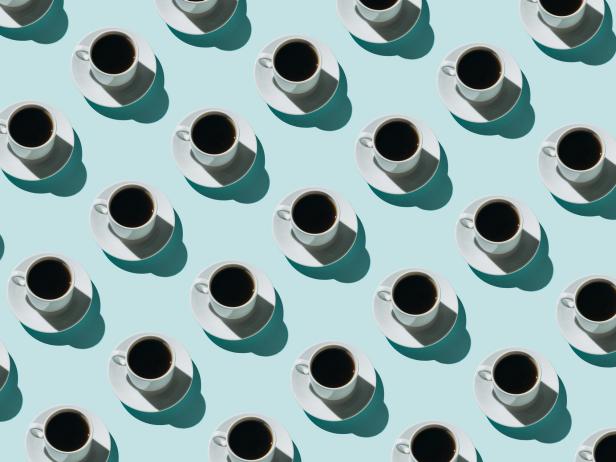
Tanja Ivanova/Getty Images
Many people make starting their mornings – and afternoons – with a cup of coffee a daily ritual. But some days, it’s more than just a cup. How much is too much caffeine? Here are some ways to help you assess your daily dose.
What Is Caffeine?
Plain and simple, caffeine is a psychoactive stimulant. It’s a naturally existing substance found in several varieties of plants – like coffee beans and tea leaves – but this doesn’t mean it’s endlessly harmless. The stimulant effect may feel similar to energy, but it doesn’t actually provide true energy – only calories can do that.
Consuming too much caffeine can cause a myriad of possible side effects including increased heart rate and anxiety, sleep disturbances, muscle twitches, stomach upset and excessive urination. And no, contrary to popular belief, caffeine doesn’t help you “sober up” after too many cocktails. It just may make you feel more alert by counteracting the depressive effects of alcohol. In very severe cases, too much caffeine can cause hallucinations, psychosis, seizure and arrhythmias.
So how much is too much? The amount of caffeine in 20 fluid ounces, or about two and half cups, of coffee is about 250 milligrams, which is considered moderate or “average.” If you consume more than this on a regular basis, you may want to consider cutting back. Caffeine is mildly addictive; withdrawal symptoms can include headaches and fatigue.
Too much caffeine can also stand in the way of calcium absorption and may interfere with some medications. According to current research data, doses of up to 400 milligrams are considered safe for the average adult. Women that are pregnant or may become pregnant should keep their intake limited to 200 milligrams. Other medical conditions that may be negatively impacted by caffeine include kidney impairment, anxiety, peptic ulcers, liver problems and cardiovascular disease.
There is some evidence to support that moderate coffee drinking may reduce your risk of developing dementia and Parkinson’s disease and can enhance mental and physical performance – but again, this is dose dependent, and tolerance can vary from person to person. While there may be some benefits to consuming caffeine, having more than the recommended amount can have an adverse effect.
Caffeine-containing foods and drinks like tea, coffee and chocolate also contain cell-protecting antioxidants in varying quantities.
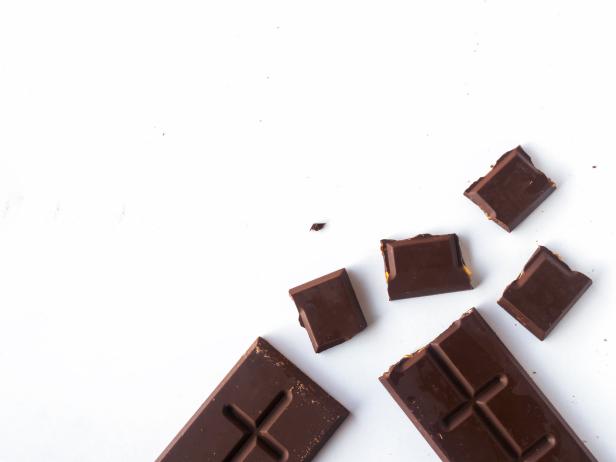
Memorystockphoto/Getty Images
Caffeine Isn’t Just In Coffee
Caffeine exists naturally in coffee, tea and cocoa so you should expect to find it in coffee- and chocolate-containing foods. Manufacturers often add it to soft drinks, energy drinks and some gum and candies – claiming products as “energy boosting” or a stimulant. Some cold medicines, pain relievers and appetite suppressants contain added caffeine as well.
Take stock of the caffeine in foods and beverages; use this chart to check the caffeine content in your eating habits (even decaf coffee contains some caffeine). And be mindful of energy drinks – many contain tons of caffeine. Caffeine is not always mentioned on energy drink labels because they are marketed as dietary supplements, and not regulated as strictly as beverages.
The Bottom Line: A cup of coffee or the occasional chocolate treat is safe for most people. These caffeinated foods also contain antioxidants and other healthful nutrients. Don’t use that as a reason to load up on caffeine, however. Downing multiple caffeine-containing drinks and foods everyday can be dangerous.
Related Content:
